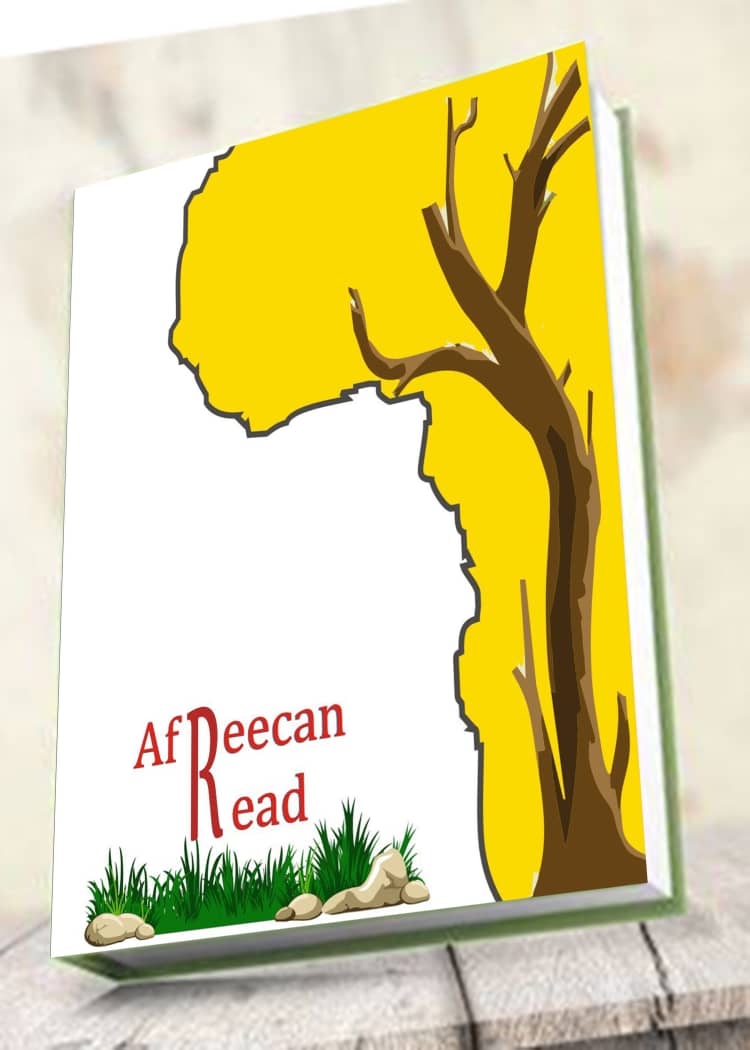In 2023, Ifunanya Georgia Ezeano, released her poetry gazelle, Droplets, a collection of ten magnificently simple poems. In Droplets, nothing is mundane—everything lends itself to poetic evocations. Here, we undertake with the poet a personal journey through the anxieties plaguing majorly young adults and when we are done with this journey, it is unclear whether the person here is the poet, the reader or the poem-persona—we feel the pages in ourselves.
The first two poems of the gazelle provide the launchpad for the extended exploration of the gazelle’s persona. Greatness and progress is sought as a past event that can be achieved by being rooted in a person’s history and heritage—a nod towards the concept, a people who do not know who they are can never make any successful plans as to who they want to be(come). The morning ritual of the persona in the opening poem “A Prayer Answered” is to “search for greatness in my roots.” The search for this greatness leads her to discover, in “After Surviving,” they are people who died that she may live, and “simple lessons” are “learnt from the Udara they left me; that life can be sweet and sour, and sticky and messy too…”
The act of searching within for greatness and learning not from the jargons of (Western) philosophy textbooks, but from the Udara tree—a common tree in Igboland—teaches self-worth without the noise associated with motivational speeches. This sublime and subtle nature of philosophising from within and the immediate without is the default state of Ezeano’s musing in the gazelle. In “What a Sofa in the showroom of a mart says to you when you walk in,” for example, we see the mundane activity of the many uses we create for the sofa, including as a comforting item, turn into something poetic, something grand and desirable. It paints the picture of what true friendships should aspire to:
I am not a saviour, just a comforter
Throw your dirty socks at me
Sit in my arms when you lose in video games
However your day goes come to me for succour.
The anxieties of the persona is presented as a long list in “If I ever go for group therapy.” For a start, our persona is “naturally attracted to broken things” and believes this makes her a “fixer.” She does not “have much problems, just insomnia, PTSD, impostor syndrome, childhood trauma, anxiety, micro passive aggression, a couple of health issues for beautification” and self-sabotage is how she shows love to herself. At home, her father, a stand-in for the society, “still chases after the man in me,” refusing to see her for the woman she is.
The persona makes sure to remind us, while we may be painted differently as humans, while “some are painted a bit brighter,” we as painted works of art are only but “on the same canvas.” “In the end/ we are only/ mishaps that time will unveil.” The anxieties then are not hers alone; they are humans’. This descent into dismissive pessimism contrasts the persona’s romanticisation of the past to the ugly reality of her present. The pessimism does not last though; instead of being just a sad lady, the persona speaks out her frustrations, an attempt at getting back in control of her life.
So while the society tags her and her kind as angry girls and sends them to “Anger Management Masterclass,” the lessons they learn is not “how not to be angry” but “how to prolong your reaction.” This speaks to everything wrong in the way the society relates to the girl child who is “measured by [her] show of anger, like [her] kindness was not taken for granted.” The girl child is not really expected to be happy, she just needs to always appear happy, to satisfy the male’s gaze! That state of being is strongly condemned in this poem. “If you are a girl sitting at the entrance of a mall and your period cramps is eating you up, then, a man walks up to you saying, hey miss, smile! Punch him in the face.”
It is a testament to Ezeano’s ability to balance stories that the critique of gender roles in the gazelle is not limited to only the performance of happiness expected from the girl child, but also the translation of “Dad,” and by extension, the male child, to mean “purse.” It is not just “rants,” but a poetic critique of gender expectations as is societally constructed.
By employing mostly prose-poems and occasional versifications, Ezeano is able to present in her gazelle a slice of female existence that incorporates the totality of humanity. And by the end of the gazelle, the mundane act of masturbation becomes a restorative agent—“my mind accepts how deeply I love myself/ and then my hands begin to show it,”—thus moving her show self-love from self-sabotage to self-pleasuring and solidifying her vision of transforming the mundane into poetry.


Recent Comments